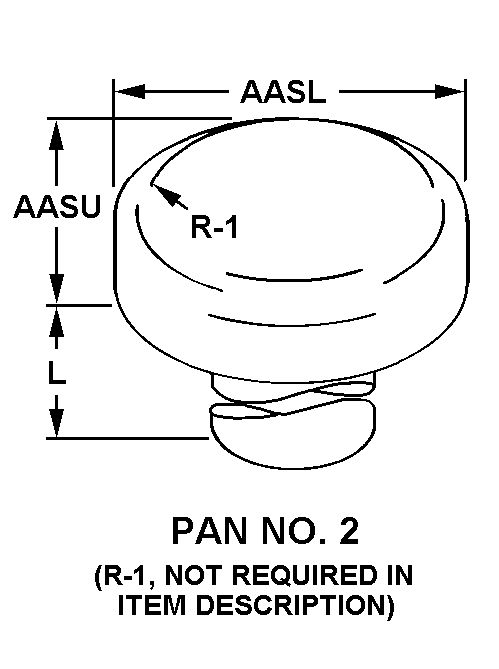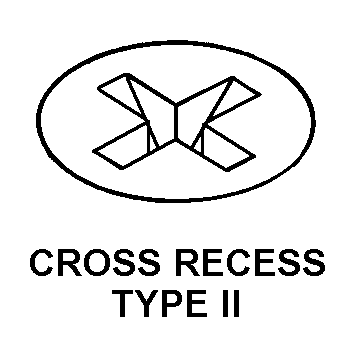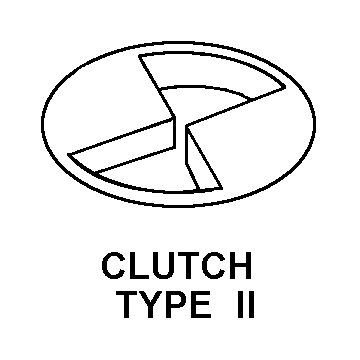5305015896988
Price Quote Get an up to date pricing and availability quote for this product. Order online or over the phone.
Quality Commitment
Serving our customers with quality and safety first.
- AS9120 Certified
- Audited supply chain
- ITAR Registered
- DDTC Registered
- HAZMAT Certified
- Customer service objectives
- Every product 100% inspected

5305-01-589-6988 Specification Set by the OEM (see RNCC code 3)
3a
RIGHT-Hand
0.140in. and 0.150in. ⁓5/32"
0.509in. ⁓33/64"
pan no. 2
0.303in. and 0.323in.
0.219in.
0.075in. ⁓5/64"
cross recess type ii
hawker 125 series aircraft
0.112in. (UTS #4)
40
captive screw assembly, floating, radial float .015 min
passivate
unc
Cross Reference Parts Part numbers that meet the specification outlined on this page and set by the OEM
Identification Item Identification Guide (IIG) and Item Name Code (INC)



Definition Definition of approved item name (AIN): "SCREW ASSEMBLY,PANEL"
A headed, threaded fastening device over which may be assembled; (1) a stand-off; (2) a flanged bushing with washer(s) and/or a shouldered bushing without a flange, or it may have an internally threaded sleeve that is an integral part of the screw; a washer and an externally thread self-locking bushing that is driven by an inserted driver. Attached to panel by threaded bushing or by flaring end of stand-off, or bushing. Used in conjunction with a speed nut, nut plate, or driven into a threaded hole in the item that the panel is fastened to. May be spring loaded.
5305-01-589-6988 Material Hazmat, Precious Metals, Criticality, Enviroment, and ESD
Indicates there is no data in the hmirs and the nsn is in a fsc not generally suspected of containing hazardous materials.
Item does not contain precious metal.
No known electrostatic discharge (esd) or electromagnetic interference (emi) sensitivity.
Represents items with no adp components
The item does not have a nuclear hardened feature or any other critical feature such as tolerance, fit restriction or application.
Identification Codes
HMIC: Hazardous Material Indicator Code. A one position code that identifies a hazardous item.
PMIC: Precious Metal Indicator Code. A one position code which identifies items that have precious metals as part of their content. precious metals are those metals generally considered to be uncommon, highly valuable, and relatively superior in certain properties such as resistance to corrosion and electrical conductivity.
ESD: Electrostatic Discharge. Indicates if an item is susceptible to electrostatic discharge or electromagnetic interference damage. electrostatic discharge damage occurs when an accumulation of static electricity generated by the relative motion or separation of materials is released to another item by direct contact. electromagnetic interference damage occurs when an item comes into proximity with an electrostatic or magnetic field.
ENAC: Enviromental Attribute Code. Identifies items with environmentally preferred characteristics.
CRITL: Criticality Indicator Code. Indicates an item is technically critical by tolerance, fit, application, nuclear hardness properties, or other characteristics.






